If you're a patient or caregiver who is amid a critical or chronic illness, you may have found yourself hospitalized in a facility that lacked the option for specialty care providers, like cardiologists (heart doctors) or oncologists (cancer doctors).
If you have a speciality care provider, or more than one specialty care provider, do you know at which hospital(s) in your area they hold privileges to practice medicine?
Have you discussed these details with your primary or speciality care providers in the event you require hospitalization and have the option to choose where you are hospitalized?
Brooke Taylor has worked as a physician assistant in emergency medicine for the majority of her career. On today's episode, we discuss the importance of knowing ahead of time where your primary and/or speciality care providers hold hospital privileges and the importance of understanding when and if you have a choice between specific hospitals.
We'll help clear up any confusion by providing examples that apply to this topic. To be clear, we are not encouraging you to buck the system and drive yourself 30 minutes away from the closest hospital during a medical emergency just because your speciality provider doesn't have medical privileges there.
If you are experiencing a medical emergency, call 911.
On this episode, we'll discuss:
:08: the importance of responding to the for need emergency care
2:22: the difference between emergent care and urgent care
3:22: how continuity of care begins with primary care
6:22: chronic issues in a hospital setting
8:20: an example of emergent/urgent care decision-making
11:05: having a succinct understanding of patient need in urgent decision-making
13:48: utilizing primary and specialty care to help prevent healthcare escalations
14:20: how hopping providers can interfere with continuity of care
16:45: roles of primary and specialty care
17:39: communication between primary and speciality care providers
18:47: how hopping emergent and urgent care facilities can interfere with continuity of care
22:04: obtaining and utilizing your medical records to assist in continuity of care
23:44: the most helpful and effective steps you can take toward receiving continuity of care in most settings
The podcast is an extension of the Take Good Care community app and the Empathetic Healthcare Practices™ Course. Download the app at the Apple Store or the Google Play Store and learn more about the Course at www.lisa-bradshaw.com.
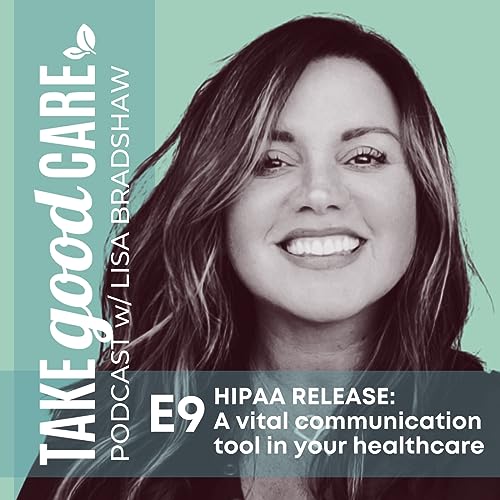 17 mins
17 mins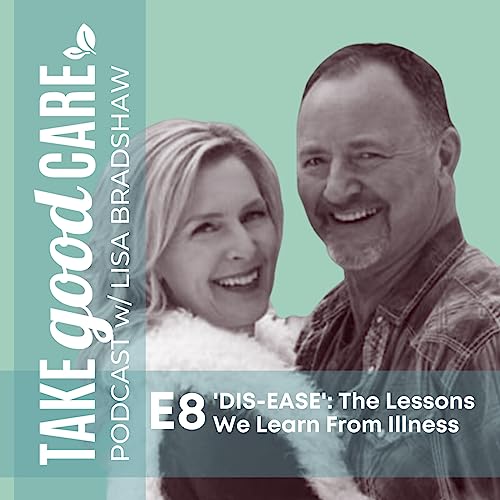 Jun 20 202320 mins
Jun 20 202320 mins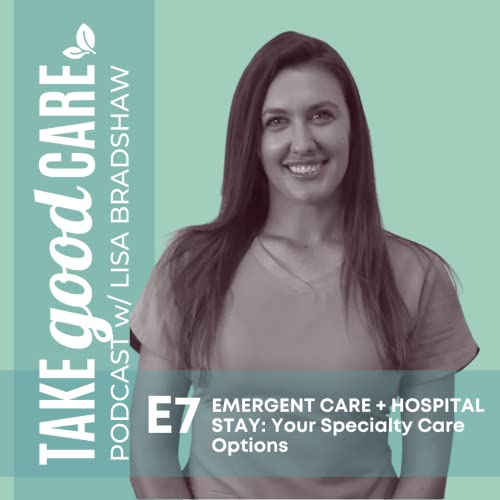 27 mins
27 mins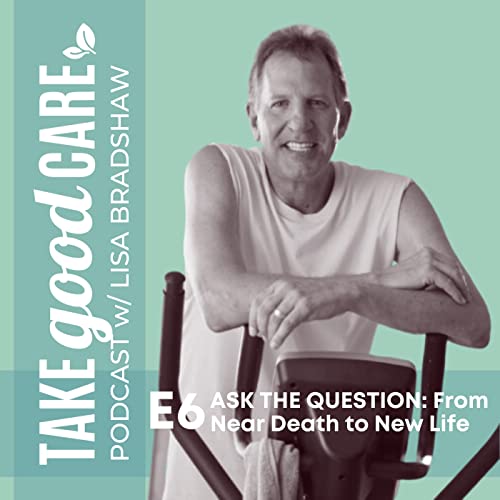 May 25 202332 mins
May 25 202332 mins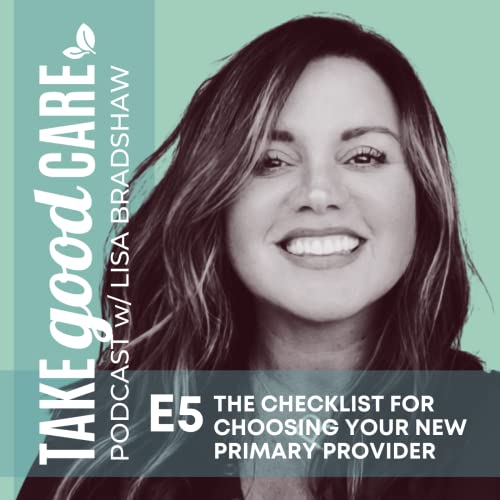 12 mins
12 mins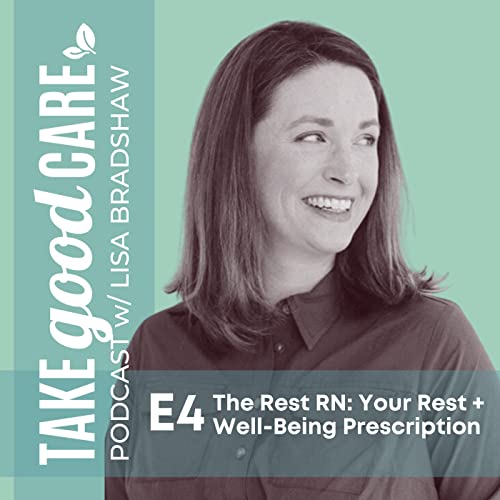 May 10 202324 mins
May 10 202324 mins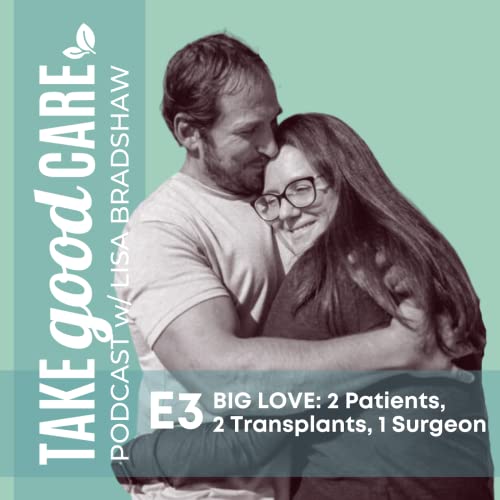 35 mins
35 mins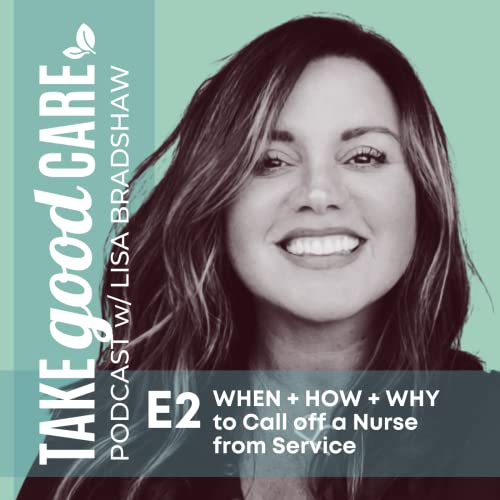 Apr 28 202315 mins
Apr 28 202315 mins
